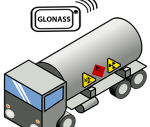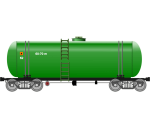GEORGIA: Adopted Rules for Handling PCBs and PCB-containing Oils
As of 20 December 2022, organisations handling or generating used oils or using electrical transformers or other equipment potentially containing polychlorinated biphenyls (PCBs) in Georgia are required to comply with the revised rules on handling polychlorinated biphenyls (PCBs) and oils containing PCBs.














